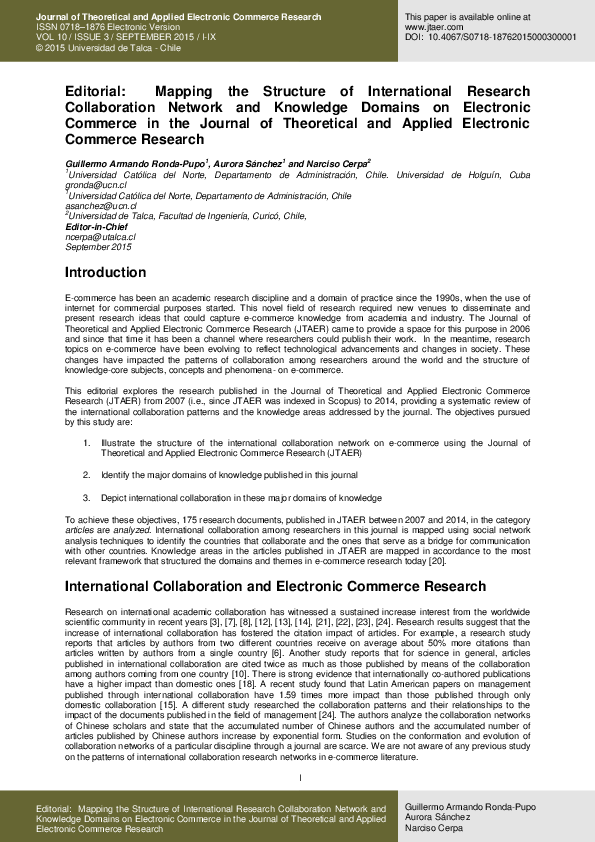Enhancing the Prediction of Stock Market Movement Using Neutrosophic-Logic-Based Sentiment Analysis
IF 4.6
3区 管理学
Q1 BUSINESS
Journal of Theoretical and Applied Electronic Commerce Research
Pub Date : 2024-01-12
DOI:10.3390/jtaer19010007
引用次数: 0
Abstract
Social media platforms have allowed many people to publicly express and disseminate their opinions. A topic of considerable interest among researchers is the impact of social media on predicting the stock market. Positive or negative feedback about a company or service can potentially impact its stock price. Nevertheless, the prediction of stock market movement using sentiment analysis (SA) encounters hurdles stemming from the imprecisions observed in SA techniques demonstrated in prior studies, which overlook the uncertainty inherent in the data and consequently directly undermine the credibility of stock market indicators. In this paper, we proposed a novel model to enhance the prediction of stock market movements using SA by improving the process of SA using neutrosophic logic (NL), which accurately classifies tweets by handling uncertain and indeterminate data. For the prediction model, we use the result of sentiment analysis and historical stock market data as input for a deep learning algorithm called long short-term memory (LSTM) to predict the stock movement after a specific number of days. The results of this study demonstrated a predictive accuracy that surpasses the accuracy rate of previous studies in predicting stock price fluctuations when using the same dataset.利用基于中性逻辑的情绪分析加强对股市走势的预测
社交媒体平台让许多人得以公开表达和传播自己的观点。研究人员相当感兴趣的一个话题是社交媒体对股市预测的影响。关于公司或服务的正面或负面反馈都有可能影响其股票价格。然而,使用情感分析(SA)预测股市走势会遇到一些障碍,这些障碍源于先前研究中观察到的 SA 技术的不精确性,这些不精确性忽略了数据固有的不确定性,从而直接损害了股市指标的可信度。在本文中,我们利用中性逻辑(NL)改进了 SA 的过程,提出了一种新的模型,通过处理不确定和不确定的数据对推文进行精确分类,从而利用 SA 增强对股市走势的预测。在预测模型中,我们将情感分析结果和历史股市数据作为深度学习算法(称为长短期记忆(LSTM))的输入,以预测特定天数后的股票走势。本研究的结果表明,在使用相同数据集预测股价波动时,预测准确率超过了以往研究的准确率。
本文章由计算机程序翻译,如有差异,请以英文原文为准。
求助全文
约1分钟内获得全文
求助全文
来源期刊
CiteScore
9.50
自引率
3.60%
发文量
67
期刊介绍:
The Journal of Theoretical and Applied Electronic Commerce Research (JTAER) has been created to allow researchers, academicians and other professionals an agile and flexible channel of communication in which to share and debate new ideas and emerging technologies concerned with this rapidly evolving field. Business practices, social, cultural and legal concerns, personal privacy and security, communications technologies, mobile connectivity are among the important elements of electronic commerce and are becoming ever more relevant in everyday life. JTAER will assist in extending and improving the use of electronic commerce for the benefit of our society.

 求助内容:
求助内容: 应助结果提醒方式:
应助结果提醒方式:


